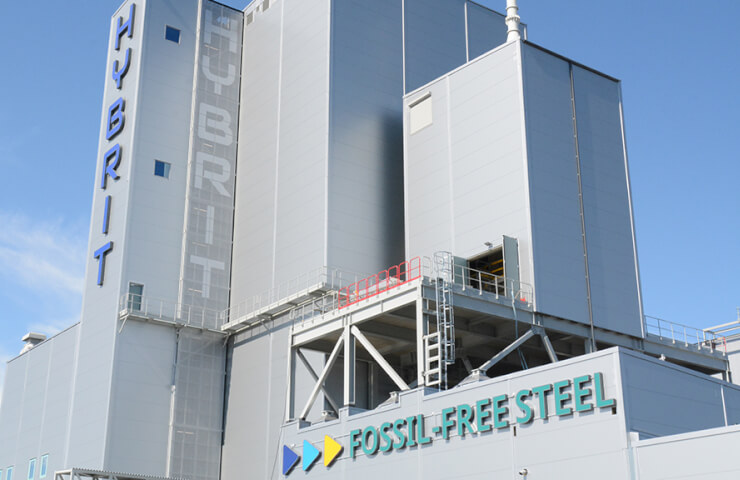According to a BloombergNEF study, the global steel industry could cut greenhouse gas emissions by 2050 by increasing recycling, using hydrogen as a fuel and capturing carbon from legacy plants. But that won't be easy to achieve.
Steel production generates about 7% of the world's greenhouse gas emissions, and some processes cannot easily run on electricity. The move to zero-carbon production methods will require the industry to spend $ 215 billion to $ 278 billion in capital expenditures, according to a Bloomberg Energy Data and Analysis report. However, steel produced using such a system may end up costing less than today's prices.
“The steel industry has a tough road to decarbonization: it is heavily dependent on coal, has limited opportunities to increase its share of recycled production due to a scarcity of scrap metal, and will need to wait until its hydrogen costs go down to realize cost-effective environmentally cleaner production, ”BNEF analysts, including Julia Attwood, wrote in the report.
According to BNEF, governments will need support to help transition the industry, and carbon prices or subsidies of up to $ 145 per tonne CO2 will be required to stimulate the early stages of change over the next decade. The industry's greenhouse gas emissions are about 2.55 billion tonnes of carbon.
"Strong policies are needed to decarbonize the steel industry," the report says.
The report details how to eliminate these outliers. Recycling of steel scrap in electric arc furnaces will increase significantly as electricity comes from renewable sources. For primary steelmaking, the new furnaces will be capable of running on hydrogen purified from water using renewable energy sources. Steel mills using coal or gas can start mixing hydrogen to create a market for the fuel and lower its price. Some existing coal-fired power plants will be equipped with carbon capture technology.
According to BNEF, by 2050 the metal produced with this modernized system will be worth less than current prices. The five-year average price of crude steel is $ 726 per tonne, while the technologies proposed in the report produce steel at prices ranging from $ 418 to $ 598 per tonne.
“Technological pathways for decarbonization of the industry are becoming clear, the policy of supporting decarbonization is growing, consumer demand for environmentally friendly steel is growing,” says the BNEF report. “We estimate that 27% of steel capacity is already covered by the corporate zero target to date.”




